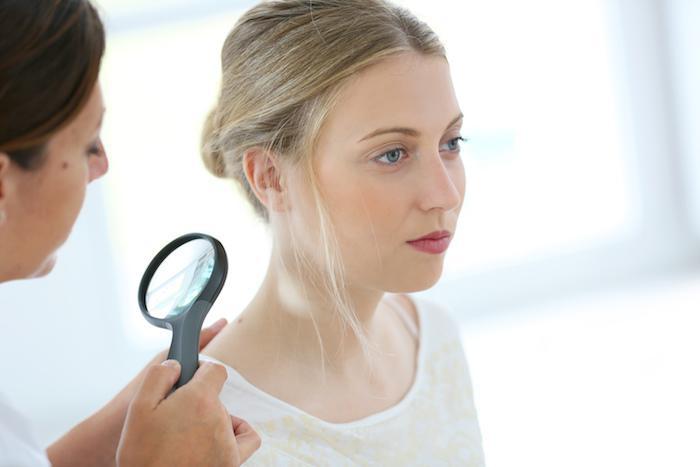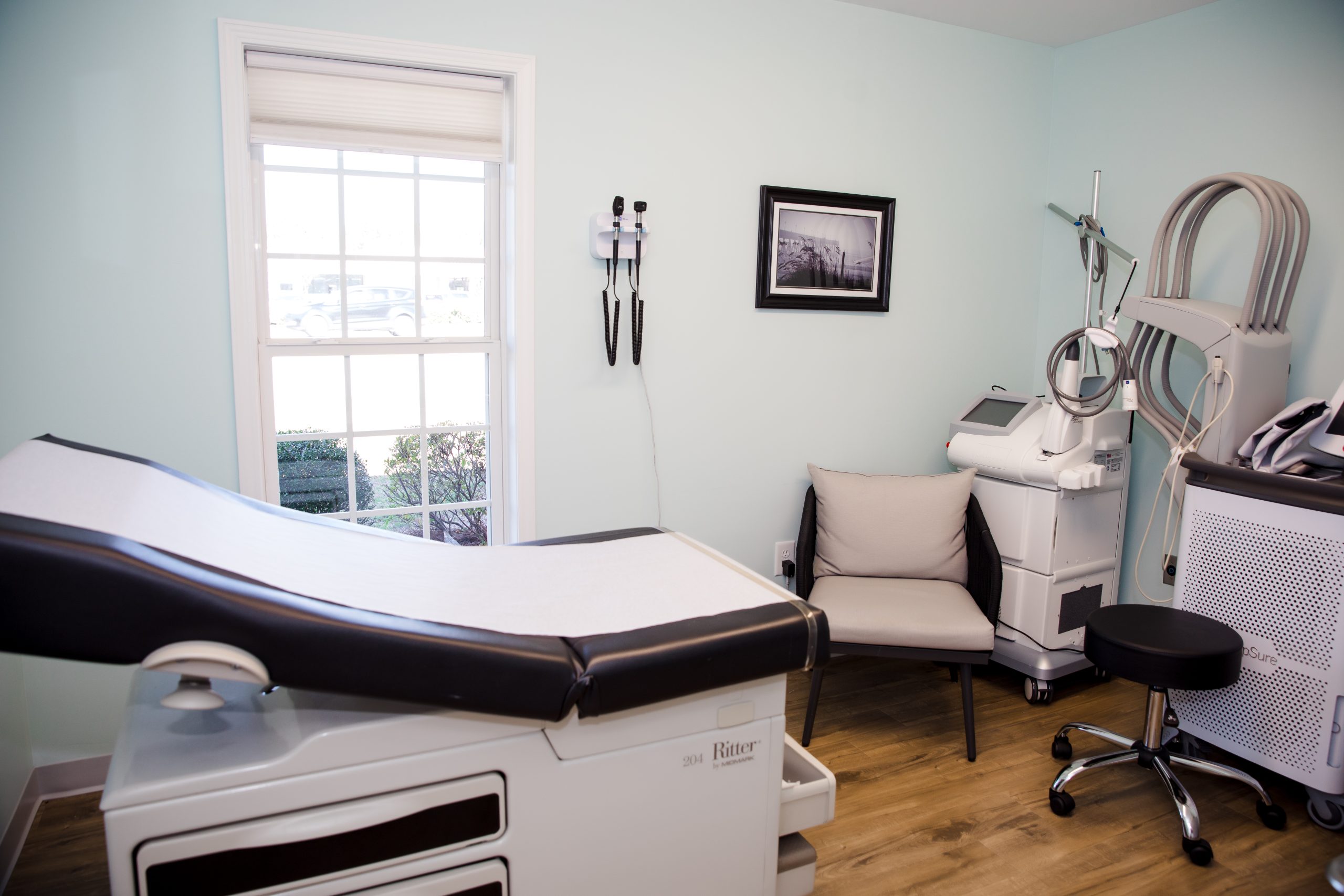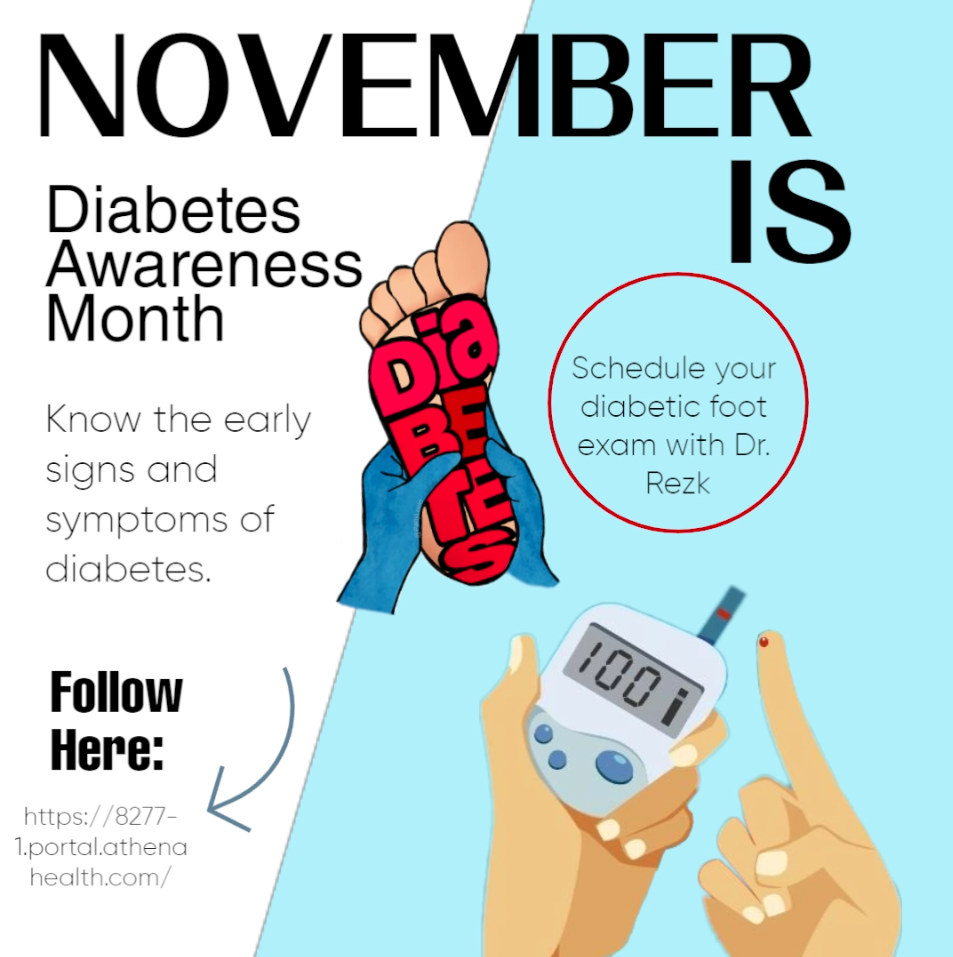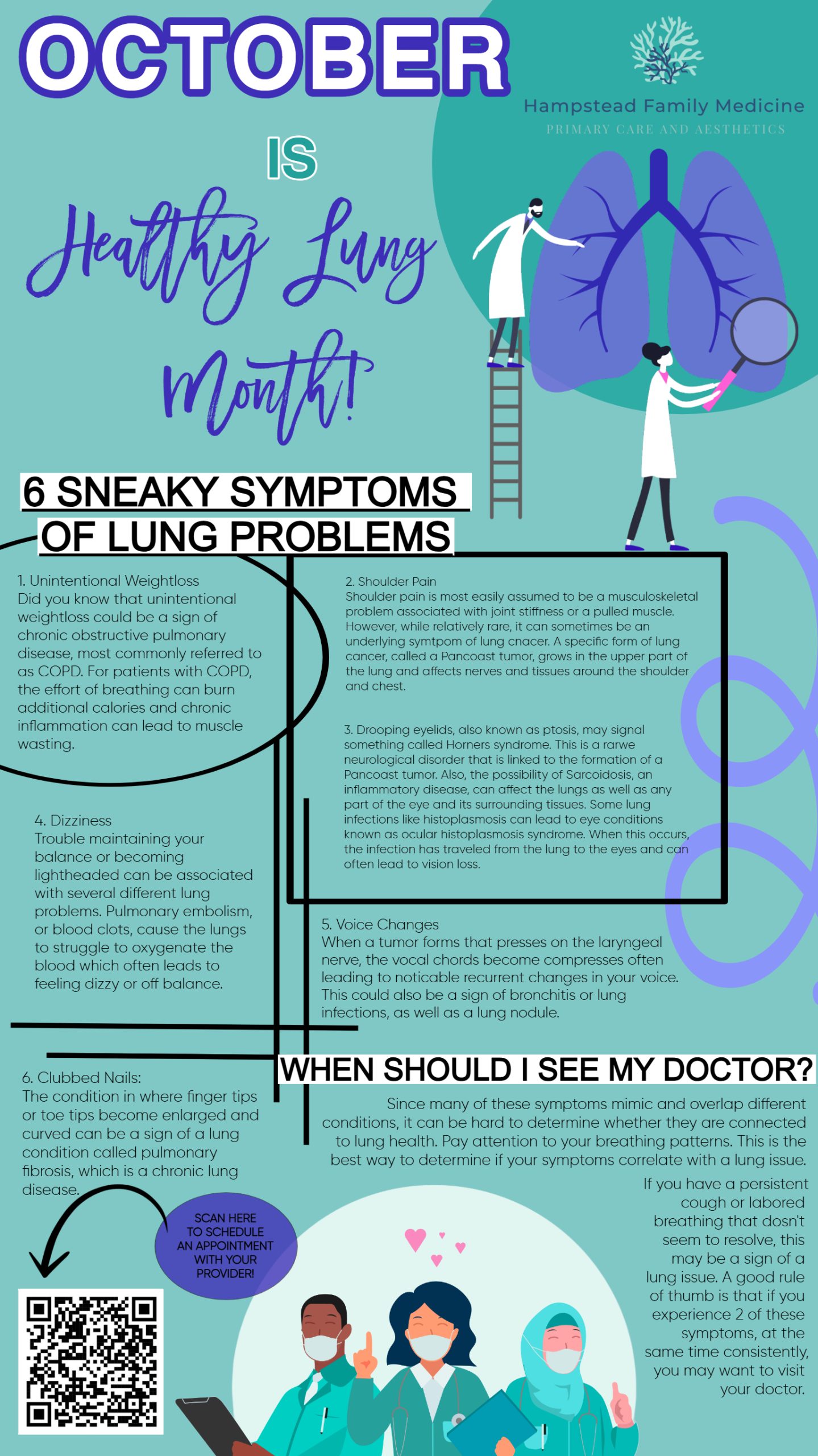5 Important Tips for Preventing Sun Damage and Skin Cancer

In the United States, 9,500 people are diagnosed with skin cancer every day. The good news is that many cases of skin cancer are preventable. Excessive sun exposure causes two of the most common types of skin cancer: basal cell carcinoma and squamous cell carcinoma.
However, adequate sun exposure is vital for producing vitamin D, a hormone that plays a protective role against a myriad of chronic diseases and keeps your bones and teeth healthy.
So the question is, how much sun exposure is enough to reap the benefits of vitamin D without increasing your risk for skin cancer? May is a great time to review how to safely enjoy the sun, since it is National Skin Cancer Awareness Month.
We asked our team of experts at Hampstead Family Medicine and Burgaw Medical Center about how to prevent sun damage via dieting, topicals, and behavior.
Use a sunscreen with a low toxic load
Experts recommend sunscreen for skin cancer prevention, but not all sunscreens are created equal. The FDA warns about the toxic load for certain sunscreens due to their carcinogenic potential. These include sunscreens that contain avobenzone, oxybenzone, and octocrylene.
Mineral sunscreens are a superior choice because they don’t get absorbed as deep into your skin. Instead, they create a physical barrier on top of your skin, protecting you from the sun rays.
Get your vitamin D in the morning
There’s a fine balance between getting too much sun overexposure and not enough. Mounting evidence suggests that vitamin D deficiency, which is now present in 40% of the American population, is contributing to the rise in cardiovascular disease and cancer.
Therefore, if you plan to go outside, do so in the morning, when the UV index is at the lowest. You can use online UV calculators to look at the UV index outside and to estimate how much sun you can handle.
Increase your glutathione
Antioxidants have long been touted for their health benefits. There’s only one problem: although antioxidants show benefits in a lab setting, once these substances are digested, they lose their protective power.
Glutathione is also an antioxidant. However, your body creates glutathione, so this antioxidant doesn’t have to go through your digestive system. Research suggests that optimal glutathione levels may offer protection against cancer.
Sleep apnea, a sedentary lifestyle, and an inflammatory diet can all deplete glutathione, but you can indirectly stimulate glutathione production by consuming foods that are rich in sulfur.
Avoid tanning beds
Tanning beds are by no means safer than long sessions of outdoor sunbathing. According to the American Academy of Dermatology, a single session of indoor tanning raises your risk of squamous cell carcinoma by 67%
Invest in sun-protective clothing
A large brimmed hat, a breathable long-sleeve shirt, and a pair of sunglasses can go a long way in protecting you from the dangers of the sun, especially if you can’t reapply sunscreen every half an hour or so.
You can also invest in UV-protective fabrics that come with extra protection against the sun.
Learn more about your skin cancer risk
Skin cancer symptoms often go unnoticed. Moles and skin tags change their shape and present themselves in places that you can’t see with a quick glance in the mirror.
With a preventive consult, our team at Hampstead Family Medicine and Burgaw Medical Center can inform you about your skin cancer risk based on your medical history, genetics, and skin type.
Contact us to schedule a skin cancer screening and get expert skincare advice.






